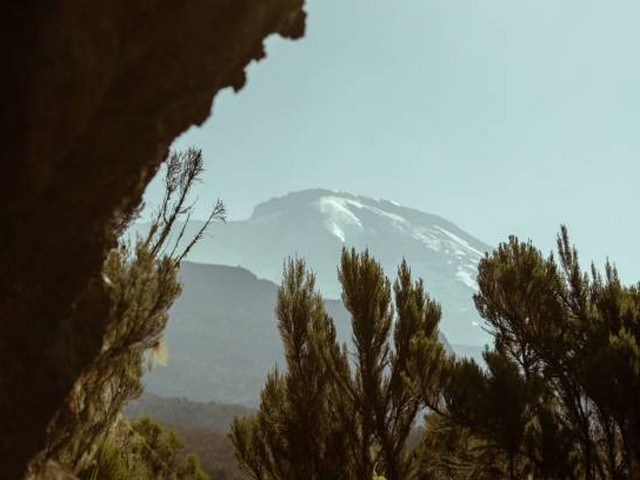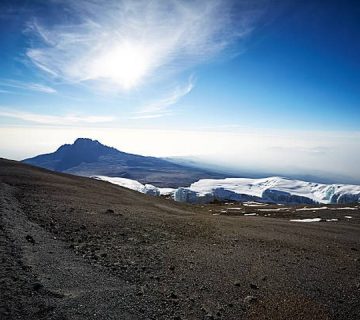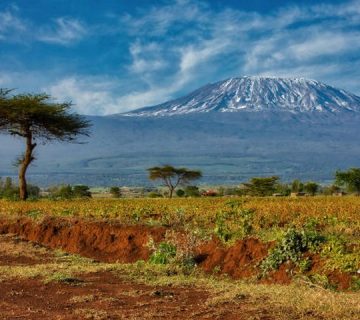First Aid Tips For Kilimanjaro Trekkers: Your Guide to a Safe and Memorable Climb
Kilimanjaro, the iconic beacon of Tanzania, rises majestically above the African plains. As the highest peak in Africa, it beckons adventurers from around the globe to conquer its summit. However, the journey to Uhuru Peak is not just a testament to physical endurance but also a challenge of readiness and resilience. At the Kilimanjaro Centre for Trekking and Ecotourism (KCTE), we understand that preparation is key to a successful and enjoyable climb. Safety is paramount, and knowing essential first aid tips is crucial for every trekker’s toolkit.
Why First Aid Knowledge is Vital on Kilimanjaro
Navigating the rugged terrains and varying altitudes of Kilimanjaro can expose trekkers to a range of potential health issues, from altitude sickness to minor injuries. Being equipped with first aid knowledge not only enhances your safety but also empowers you to help others in need. In this blog, we’ll dive into essential first aid tips that every Kilimanjaro trekker should know, ensuring that your adventure remains as safe as it is exhilarating.
Preparing Your First Aid Kit: Essentials for Kilimanjaro
Before you even lace up your hiking boots, make sure your first aid kit is packed and ready. Here’s what every trekker’s kit should include:
1. Medication and Treatments for Altitude Sickness
- Acetazolamide (Diamox) for prevention
- Ibuprofen or paracetamol for headaches
- Anti-nausea medication
2. Wound Care Supplies
- Antiseptic wipes and creams
- A variety of bandages and plasters
- Sterile gauze and tape
3. Blister Prevention and Care
- Moleskin or blister plasters
- Antiseptic cream
- Small scissors or a knife
4. Sun Protection
- Broad-spectrum sunscreen
- SPF lip balm
- Sunburn relief gel
5. Hydration and Electrolyte Balancers
- Oral rehydration salts
- Water purification tablets
Recognizing and Treating Altitude Sickness
Altitude sickness is a common challenge faced by trekkers ascending Kilimanjaro. Recognizing the early signs is critical:
Symptoms of Altitude Sickness:
- Headache
- Nausea or vomiting
- Dizziness
- Fatigue and loss of appetite
Treatment:
- Ascend slowly to allow your body to acclimatize
- Drink plenty of water and stay hydrated
- Take prescribed medications like Acetazolamide if symptoms persist
- If symptoms worsen, it is crucial to descend immediately to a lower altitude
Handling Minor Injuries on the Trail
Scrapes, cuts, or sprains can happen unexpectedly. Here’s how to handle them:
- Cuts and Scrapes: Clean the wound with an antiseptic wipe, apply an antibiotic ointment, and cover with a sterile bandage.
- Sprains: Follow the RICE method — Rest, Ice, Compression, and Elevation. Use an elastic bandage for compression.
Dealing With Common Ailments
Sunburn:
- Apply a liberal amount of aloe vera gel or other cooling lotions
- Keep the burned area covered to protect it from further exposure
Dehydration:
- Prevent it by consuming 2-4 liters of water daily
- Use oral rehydration salts if symptoms of dehydration appear
The Golden Rules of First Aid on Kilimanjaro
- Prevention is Better Than Cure: Always take preventative measures to avoid injuries and illnesses.
- Know Your Limits: Understanding your physical limits can help prevent overexertion and subsequent health issues.
- Stay Informed: Be aware of your health condition and inform your guide about any existing medical issues.
Why Choose Kilimanjaro Centre for Trekking and Ecotourism (KCTE)
At KCTE, we prioritize your safety and ensure that every trekker is prepared with the necessary first aid knowledge and skills. Our guides are trained in emergency first aid and carry comprehensive medical kits. Booking your Kilimanjaro climbing adventure with KCTE means choosing a partner who values your wellbeing and adventure spirit.
Frequently Asked Questions (FAQ)
What should I do if I start feeling the effects of altitude sickness?
Start by resting and hydrating. If symptoms persist, consider taking medications if you have them and inform your guide immediately.
How can I best prepare for the physical demands of climbing Kilimanjaro?
Engage in regular cardiovascular exercises such as hiking, running, or cycling months before your trip. Also, practice carrying the backpack you intend to use to get used to the additional weight.
Are there any vaccinations required for climbing Kilimanjaro?
While no specific vaccinations are required for Kilimanjaro, ensuring that routine vaccines like tetanus and hepatitis A and B are up to date is recommended. Also, check with your local travel clinic for any additional recommendations.
How do I handle emergency situations on the mountain?
Always stay calm and alert your guide immediately. Our KCTE guides are equipped with radios and emergency procedures to initiate a rapid response if necessary.
Climbing Kilimanjaro is a journey of a lifetime, and being prepared with essential first aid knowledge can make your experience not only safer but truly unforgettable. We invite you to book your climb with Kilimanjaro Centre for Trekking and Ecotourism (KCTE), where adventure meets preparedness and passion meets care. Visit us at KCTE to start your journey to the rooftop of Africa. Safe climbing and see you at the summit!
Book Your Kilimanjaro Adventure with KCTE
Contact Us for more information and personalized advice. Embrace the climb with confidence, knowing you’re prepared for every step of your Kilimanjaro journey!




